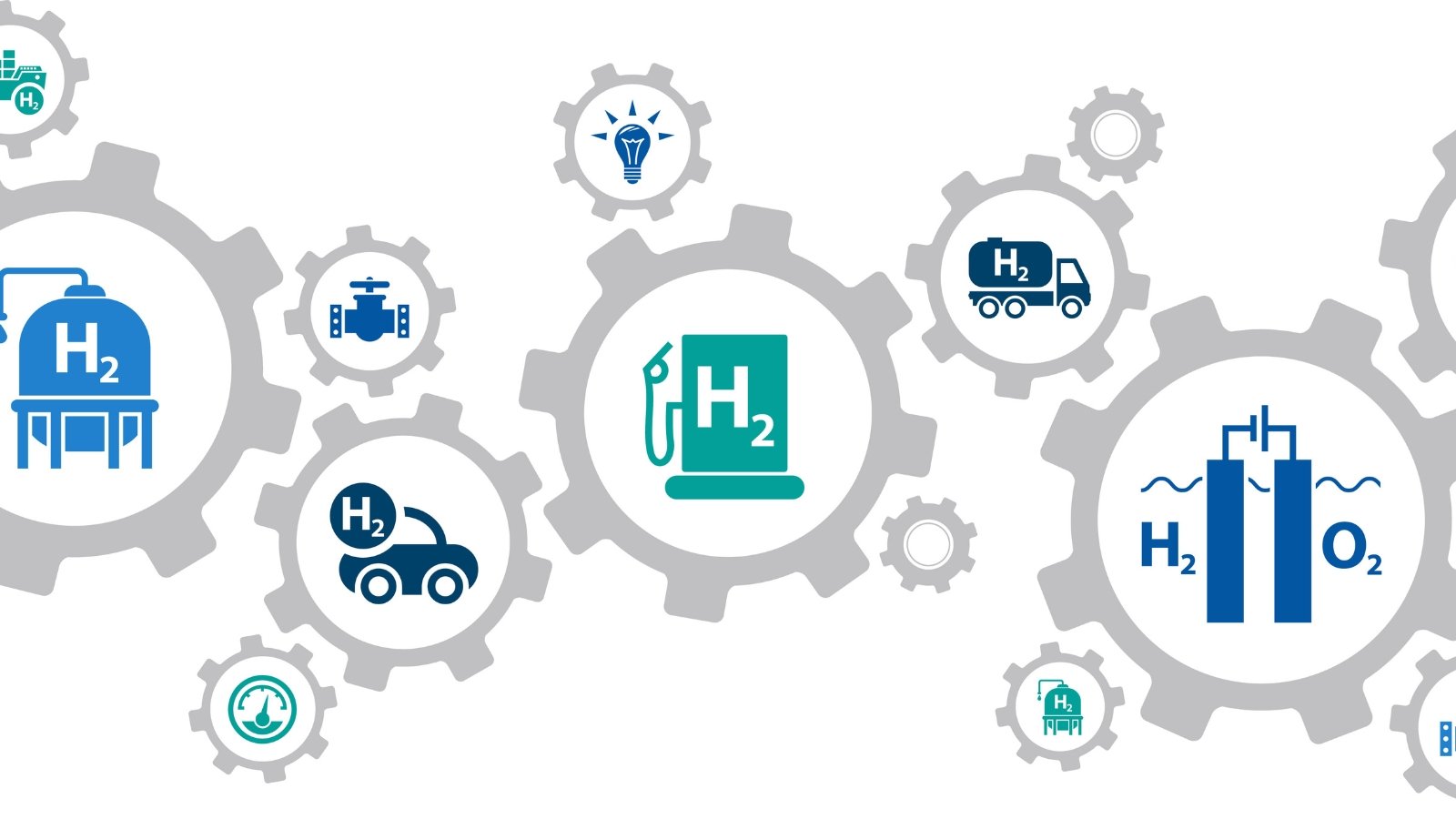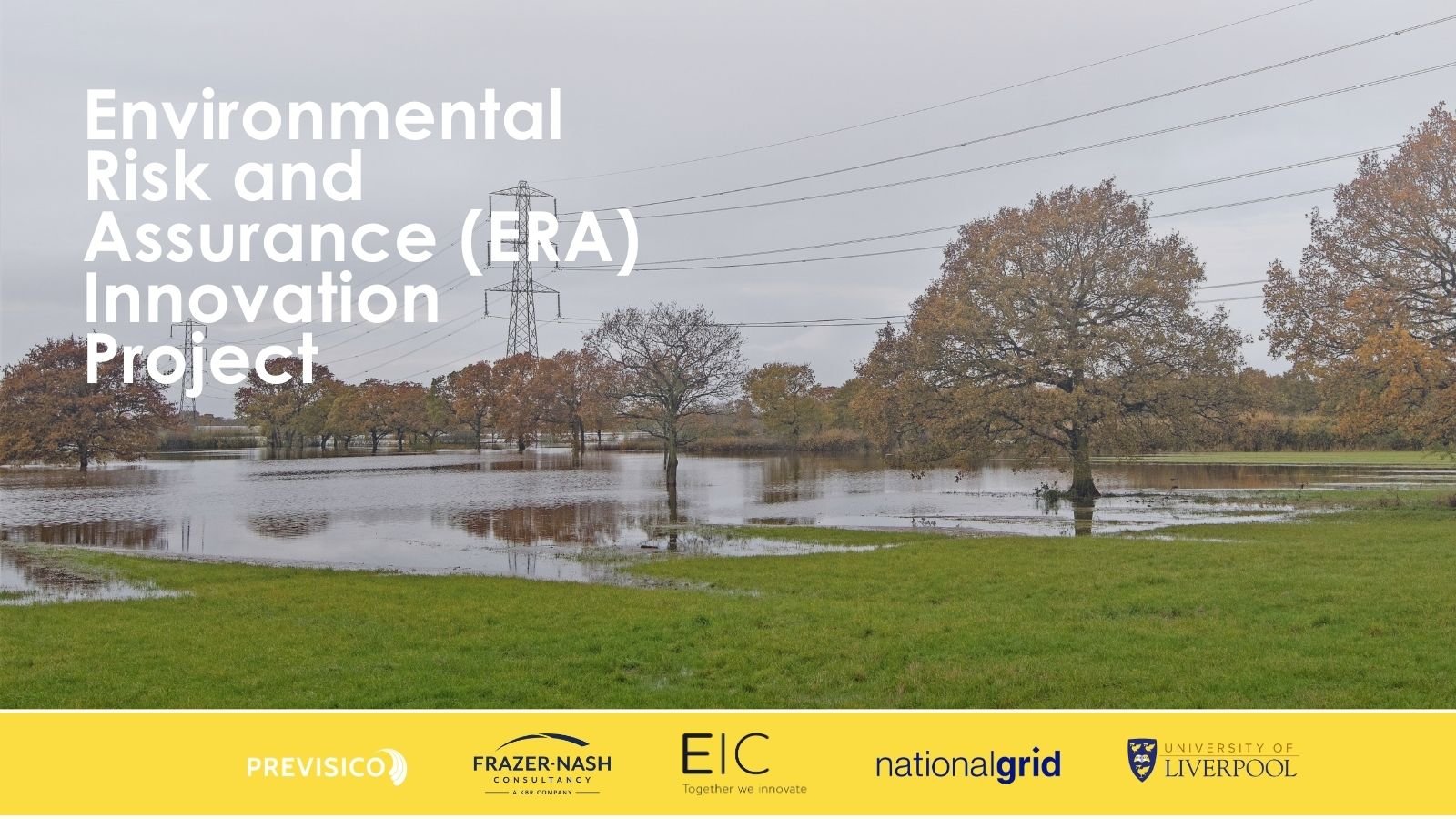As the EIC and Partners continue to work towards Net Zero and look for ways to reduce the reliance on fossil fuels, hydrogen offers an exciting opportunity for innovators to contribute to a cleaner, more sustainable future.
This article offers an overview of what hydrogen is, how it can be used as a clean energy source and what some current challenges and opportunities are in the industry.
What is hydrogen?
Hydrogen is the most abundant element in the universe, making up about 75% of its elemental mass. In its pure form, hydrogen is a colorless, odorless, tasteless, and highly flammable gas. It is also the lightest element, with the lowest atomic weight of any element. Hydrogen has numerous applications, including use as a fuel for vehicles and power generation, as a component in various chemical reactions, and in the production of ammonia for fertilizers and other products.
How is hydrogen created?
While hydrogen is found in many compounds, such as water and hydrocarbons, it is not typically found in its pure form on Earth. Instead, it must be extracted from other sources, such as natural gas or water, through a process called electrolysis.
Grey, green, and blue hydrogen refer to different methods of producing hydrogen, each with varying levels of environmental impact.
-
Grey hydrogen is produced from natural gas through a process called steam methane reforming. This process releases carbon dioxide and other greenhouse gases into the atmosphere, making it the most carbon-intensive method of producing hydrogen.
-
Green hydrogen is produced by using renewable energy sources such as wind or solar power to split water into hydrogen and oxygen through a process called electrolysis. This process does not produce any greenhouse gases and is considered the most environmentally friendly method of producing hydrogen.
-
Blue hydrogen is produced from natural gas, but the carbon emissions are captured and stored, making it a lower-carbon alternative to grey hydrogen. The process of capturing and storing carbon emissions is known as carbon capture, utilization, and storage (CCUS).
What makes hydrogen a good energy source?
Once extracted, hydrogen can be used as a fuel in a variety of applications, including transportation and electricity generation. When hydrogen is combusted, it produces water vapor and energy, making it a clean and efficient source of power.
Hydrogen has several advantages as an energy source. It is abundant, widely distributed, and versatile, and it can be produced using a variety of methods. Additionally, hydrogen can be stored and transported in various forms, such as compressed gas or liquid, making it a viable option for many applications.
Hydrogen can also be used in fuel cells, which are electrochemical devices that convert hydrogen into electricity without combustion. This process produces only water and heat as byproducts, making fuel cells a highly efficient and low-emission technology.
Challenges and Opportunities
There are also challenges associated with hydrogen as an energy source. Major challenges are the high cost and energy requirements of production, storage, and transportation. Additionally, there is currently limited infrastructure in place to support the widespread use of hydrogen, such as refueling stations for hydrogen-powered vehicles.
Despite these challenges, hydrogen is a promising energy source with significant potential to contribute to a cleaner and more sustainable energy future. As research and development continue, it is likely that new technologies and innovations will emerge to overcome the current barriers to widespread adoption of hydrogen as a primary energy source.
Join the EIC and be part of a cleaner future
As the EIC continues to be part of the drive towards a sustainable future for everyone, there is an increasing demand for hydrogen focused Calls for Innovation. Innovators are encouraged to sign up to the EIC hub to explore the latest industry opportunities.









